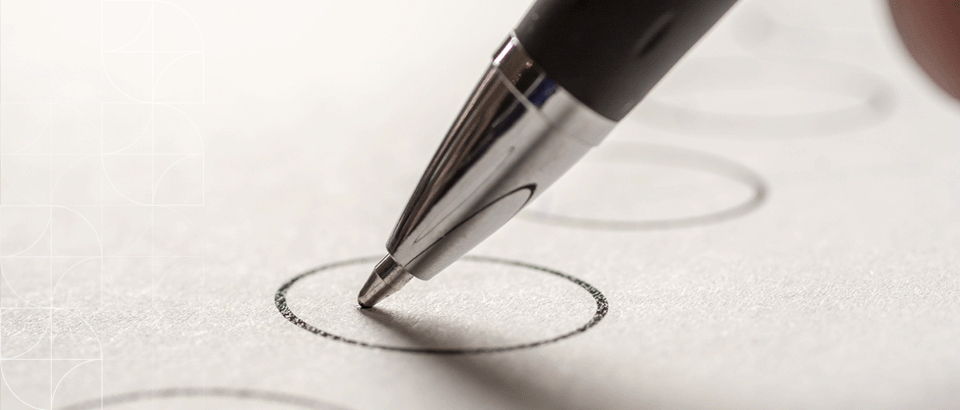Will 16-year-olds be voting at the next election?

Will 16-year-olds be voting at the next election?
Monday 21 November, 2022
In a huge win for New Zealand youth, the Supreme Court has ruled that the Government has not justified preventing 16 and 17-year-olds from voting. This landmark decision is the high point in a three-year campaign by Make it 16 to lower the voting age to 16. Make It 16 is a youth-led movement seeking the right to vote for 16 and 17-year-olds, driven by the belief that young people should have a say on the decisions that will most affect them. The voting age is already 16 in several countries, including Scotland, Wales, Austria, Brazil, and Argentina.
Isn’t the voting age 18 by law?
The New Zealand Bill of Rights Act (BORA) gives everyone aged 18 or over the right to vote, but the Electoral Act and the Local Electoral Act both set the minimum voting age at 18. However, the BORA also gives everyone the right to freedom from discrimination on the grounds set out in the Human Rights Act (HRA). The HRA prevents discrimination on the grounds of age for anyone aged 16 or over. Restricting the voting age to 18 means that 16 and 17-year-olds are treated differently from those over 18 because of their age. This is inconsistent with the right to be free from discrimination, making it a breach of the BORA unless the Government can justify it.
How did it get to the Supreme Court?
In 2016, Make It 16 launched a campaign to lower the voting age to 16. In 2020, it asked the High Court to declare that it was unjustified age discrimination to prevent 16 and 17-year-olds from voting. The High Court decided that it was discrimination but agreed with the Government that it was reasonable to draw a line between children (under 18 years) and adults (18 and over).
Make It 16 appealed and the Court of Appeal agreed that restricting the voting age was discrimination and that the Government had not provided any evidence to justify preventing 16 and 17-year-olds from voting, for example, showing that they did not have the necessary understanding or independence of thought to vote. Despite agreeing with Make It 16, the Court of Appeal refused to make a declaration that the voting age was inconsistent with the right to be free from discrimination.
Make It 16 appealed to the Supreme Court and on Monday 21 November 2022, the Supreme Court declared that the provisions in the Electoral Act and the Local Electoral Act which limit the voting age to 18 are inconsistent with the BORA right to be free from discrimination on the grounds of age and are not justified. The Supreme Court pointed out that, unlike other countries, the protection against age discrimination starts at 16 in New Zealand. In order to justify restricting the voting age to 18, the Government needed to show why the voting age should be 18 but failed to do so.
Does this mean the voting age in New Zealand will change?
The declaration by the Supreme Court does not lower the voting age to 16. A voting age of 18 breaches the BORA, but in New Zealand, laws that breach the BORA are still valid and enforceable. During all three court cases, the Government insisted that the voting age should not be lowered to 16, and it has not expressed any intention to change it.
However, the declaration by the Supreme Court means that the Government and Parliament both have a legal obligation to review the law. The only other time that the Supreme Court made a declaration of inconsistency, Parliament changed the law to make it consistent with the BORA. Make It 16 recently presented a petition to Parliament with over 7000 signatures in support of lowering the voting and is determined to continue with its campaign to make the voting age 16. It is possible that the Government will take another look at the voting age but is unlikely to change it without significant public consultation.


